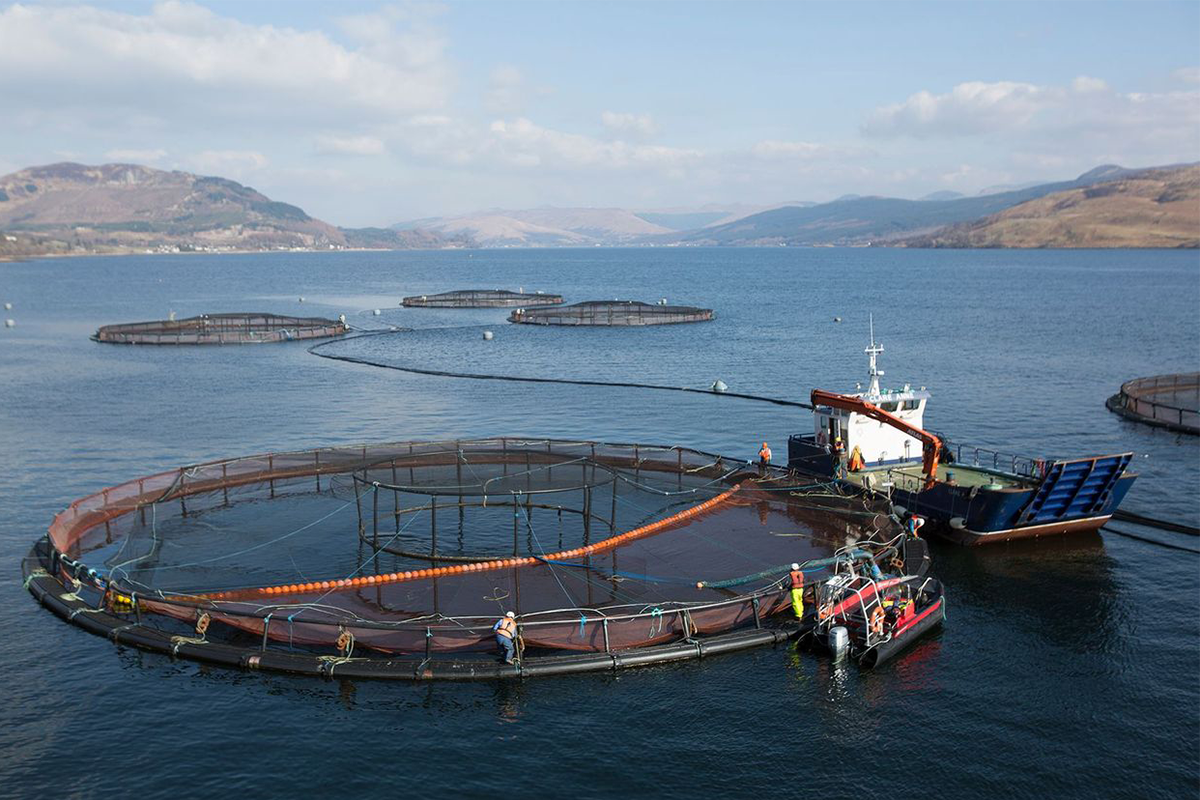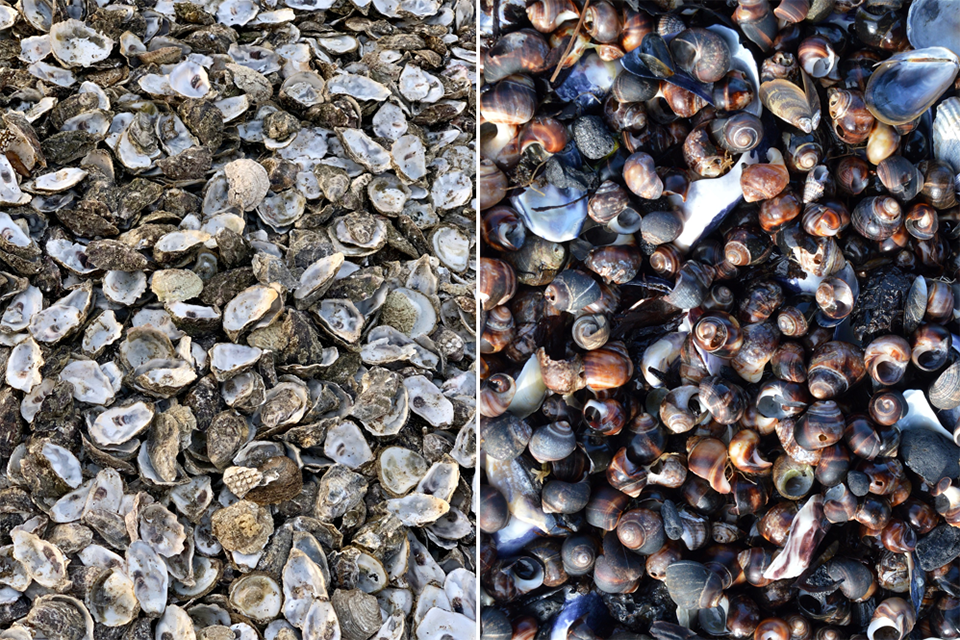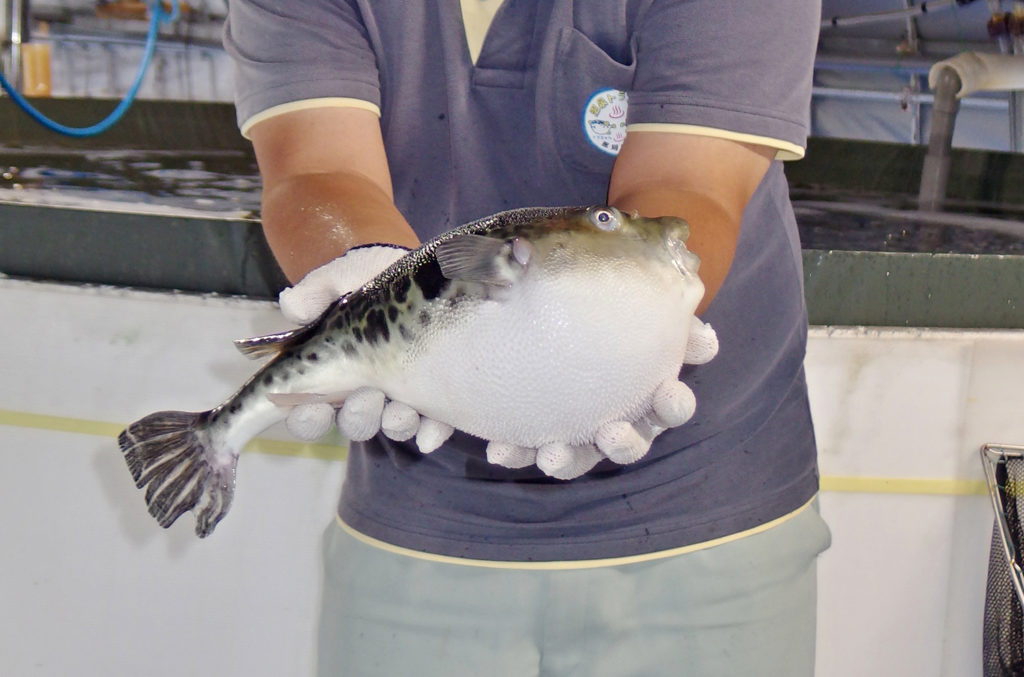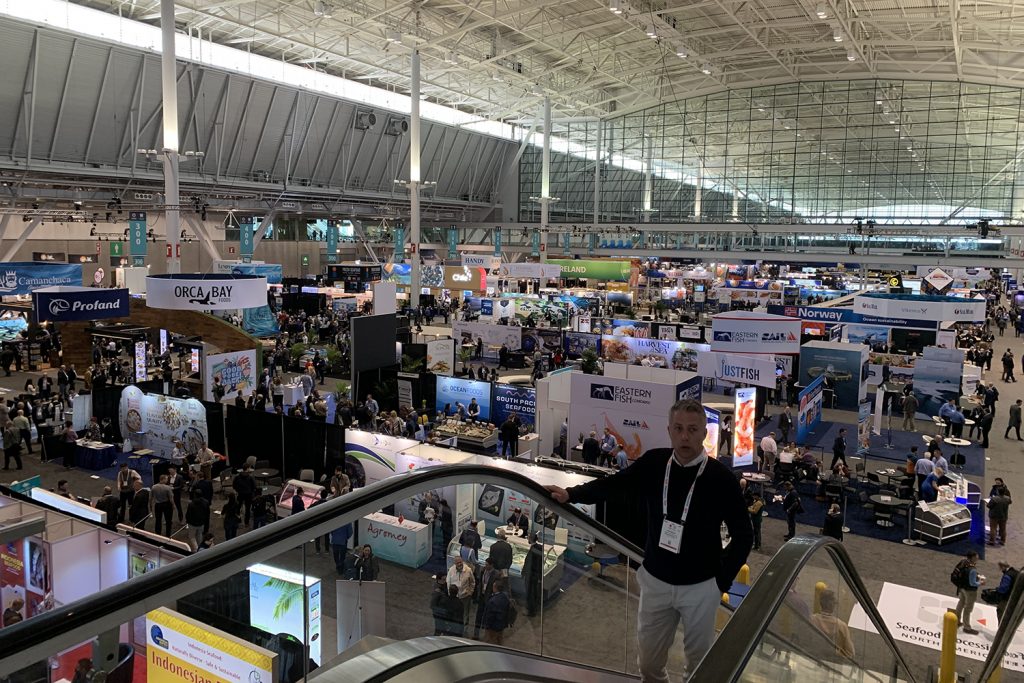The dietary supplement spermidine may help salmon break down fatty acids and maintain optimal immune function

Human cells have the capacity to recycle or clear what they no longer require, such as damaged proteins, bacteria or fat droplets – a cellular recycling mechanism known as autophagy. Autophagy stops when cells encounter excess nutrients and speeds up to keep cells alive when they encounter stress such as disease or zero nutrients. It declines with obesity and as humans age.
Like humans, as fish age, their systems also slow down and weaken, making them more susceptible to disease. Researchers believe that, similar to humans and other animals such as mice, autophagy may also decline in adult salmon compared to younger smolt, making them prone to infectious diseases such as cardiomyopathy syndrome, gill disease and heart and skeletal muscle inflammation. It can also affect the recycling of fatty acids from fat tissue, an essential process for a strong immune system.
But a diet supplement that humans already consume for its anti-ageing benefits could be of benefit to adult salmon. A team of aquaculture and veterinary experts from the University of Edinburgh’s Roslin Institute, together with the University of Stirling’s Institute of Aquaculture, are studying the impact of adding spermidine – a compound found in vegetables, cereals and soybean products – to salmon feed to support the breakdown of fatty acids and maintain optimal immune function. The project has received funding from the Sustainable Aquaculture Innovation Centre (SAIC) and the UK Seafood Innovation Fund (SIF), which supports new ideas to deliver cutting-edge technology and innovation to the UK’s fishing, aquaculture and seafood industries.
As salmon age, it becomes harder for them to break down their fat reserves into free fatty acids to be re-used. This leaves the fat reserves to build up in the body, blocking the immune system and making fish more susceptible to health issues. Meanwhile, plant-based feed ingredients like vegetable oils are widely used in aquaculture. However, these are believed to slow down the process of autophagy, leading to an accumulation of unused fat in the viscera of salmon.
“In humans and mice, autophagy breaks down fat droplets into free fatty acids, which are used by mitochondria as fuel to generate energy,” Dr. Kanchan Phadwal, a research fellow at the University of Edinburgh’s Roslin Institute, told the Advocate. “This fuel is a major source of energy for our immune cells. But it’s not clear what happens to autophagy in farmed salmon on a vegetable oil-based diet. My research aims to highlight changes to autophagy in salmon as they age, and the impacts of vegetable oils on the mechanism. I hope to make a connection between falling autophagy levels, age and diet and the susceptibility of farmed salmon to disease.”
Already consumed by humans for its anti-aging benefits, Phadwal and her team believe that spermidine could improve salmon’s natural disease resistance and help farmed fish better digest their feeds. For five weeks, the team fed salmon a vegetable oil-rich diet and a diet containing a spermidine supplement that is known to enhance autophagy. No side effects or behavioral changes were observed. While awaiting the results, the team expect the salmon to exhibit enhanced autophagy and autophagic breakdown of visceral fat, reduced inflammation and an increase in the release of free fatty acids as fuel for mitochondria of immune cells.
Study: Antarctic krill meal can be a viable supplement to fishmeal in shrimp feeds
“The spermidine supplement will help salmon extract healthy fat, regulating the immune response and boosting health and wellbeing overall,” said Phadwal. “Spermidine is already delivering great results in humans and has been explored in various studies, including an ongoing clinical trial that is evaluating the potential of spermidine to enhance the efficiency of the COVID-19 vaccine and protect elderly patients from viral infections. We anticipate that spermidine will have similar positive impacts on aquaculture.”
Phadwal and her team are also investigating whether feed containing spermidine can maintain a high omega-3 to omega-6 ratio in salmon muscle. This is important for anti-inflammatory processes and healthy for both the salmon and humans who consume the species for health benefits.
“Plant-based diets reduce the reliance on marine ingredients in aquafeeds,” said Phadwal. “However, aside from linseed, they generally have more omega-6 than omega-3, and people eat salmon for its omega-3 levels. The omega-3 to omega-6 ratio is key for both salmon and human health. We want to find out whether enhancing autophagy in farmed salmon will restore the omega-3 to omega-6 balance. There is some evidence of this in mice.”
Adequate nutrition in fish is essential to avoid deficiency signs, maintain performance and sustain normal health. It is also becoming evident that diets over-fortified with specific nutrients (amino acids, essential fatty acids, vitamins or minerals) at levels above requirement may improve health conditions and disease resistance. Diet supplements like spermidine are being evaluated along with functional constituents other than essential nutrients (such as probiotics, prebiotics and immunostimulants) to improve fish growth, feed efficiency, health stress tolerance and disease resistance.
Ultimately, Phadwal hopes that spermidine will also maintain the sharpness of salmon’s immune response and natural ability to fight virus-induced diseases such as cardiomyopathies. Her next step is to study the piscine myocarditis virus, a double-stranded RNA virus that is associated with cardiomyopathies and high mortality among adult salmon. Work will also begin in tailored feed development – feed supplemented with spermidine or new compounds.
“Salmon may not need spermidine all the time,” she said. “In summer, they move around more and eat a lot, but in winter they don’t move so much so they eat less. I plan to find out the optimal time to give salmon a tailored feed. I also want to discover exactly how spermidine works in the species, what molecular targets it’s hitting, and how salmon change for the better.”
Now that you've reached the end of the article ...
… please consider supporting GSA’s mission to advance responsible seafood practices through education, advocacy and third-party assurances. The Advocate aims to document the evolution of responsible seafood practices and share the expansive knowledge of our vast network of contributors.
By becoming a Global Seafood Alliance member, you’re ensuring that all of the pre-competitive work we do through member benefits, resources and events can continue. Individual membership costs just $50 a year.
Not a GSA member? Join us.
Author
-

Bonnie Waycott
Correspondent Bonnie Waycott became interested in marine life after learning to snorkel on the Sea of Japan coast near her mother’s hometown. She specializes in aquaculture and fisheries with a particular focus on Japan, and has a keen interest in Tohoku’s aquaculture recovery following the 2011 Great East Japan Earthquake and Tsunami.
Tagged With
Related Posts

Responsibility
How farmed mollusk shells can be used as concrete components
Chinese researchers find that cultured mollusk shells have great potential to reduce environmental impacts of traditional concrete manufacturing.

Intelligence
In Japan, tiger puffers find themselves in hot water
A technique to farm tiger puffers in hot spring water was invented to revitalize the town of Nasu-karasuyama and is now spreading to other areas of Japan.

Responsibility
Is a Japanese volcano offering us a sneak preview of ocean acidification?
Shikinejima is a scenic getaway for tourists but the seas surrounding its volcano offer a glimpse of how the ocean could behave in the future.

Intelligence
In the plant- and cell-based seafood space, it’s lead or follow
Excluded from exhibiting at leading trade shows, where exactly do plant-based and cell-based seafood alternatives belong, and under what rules?


